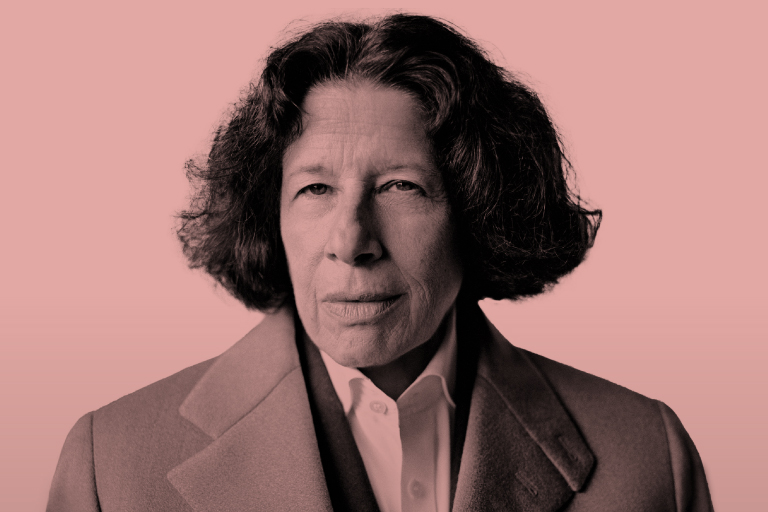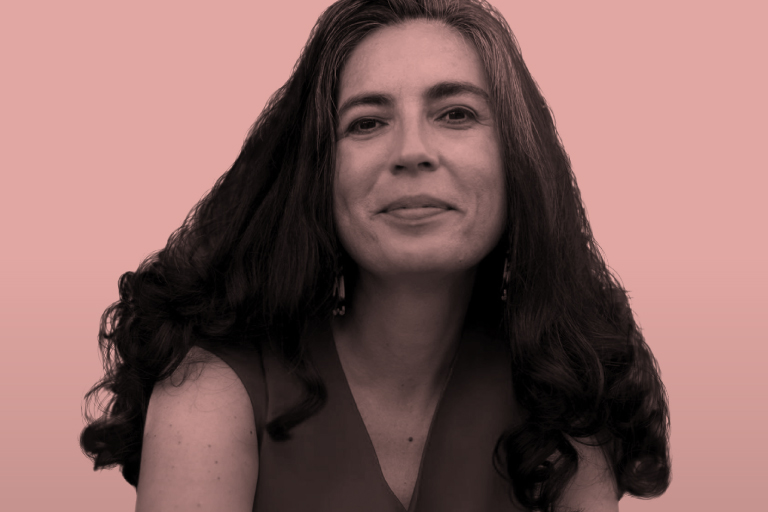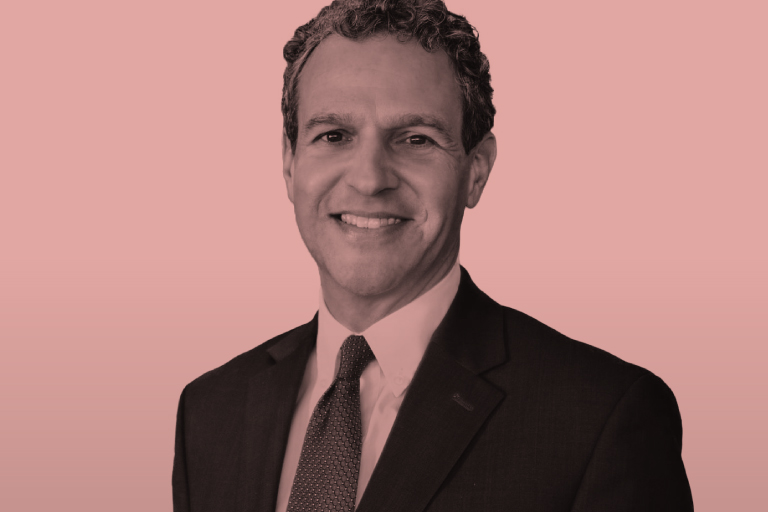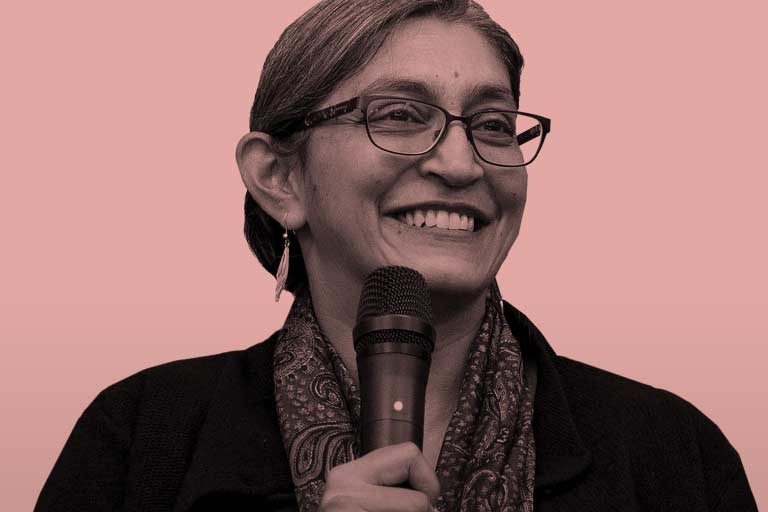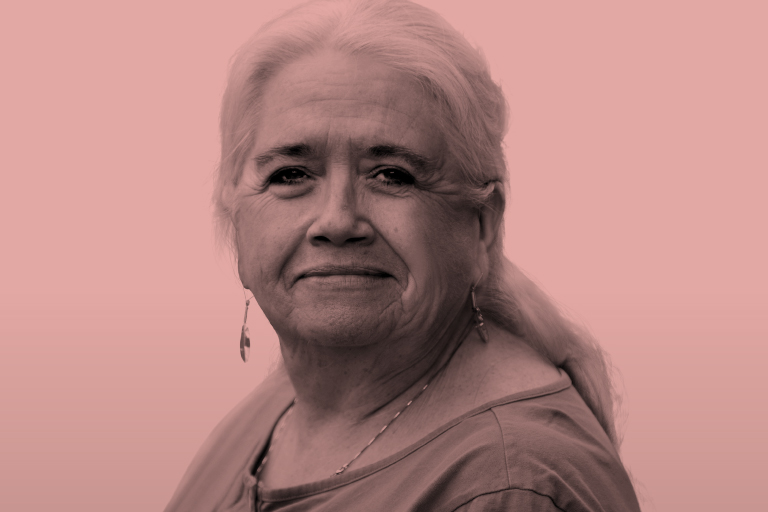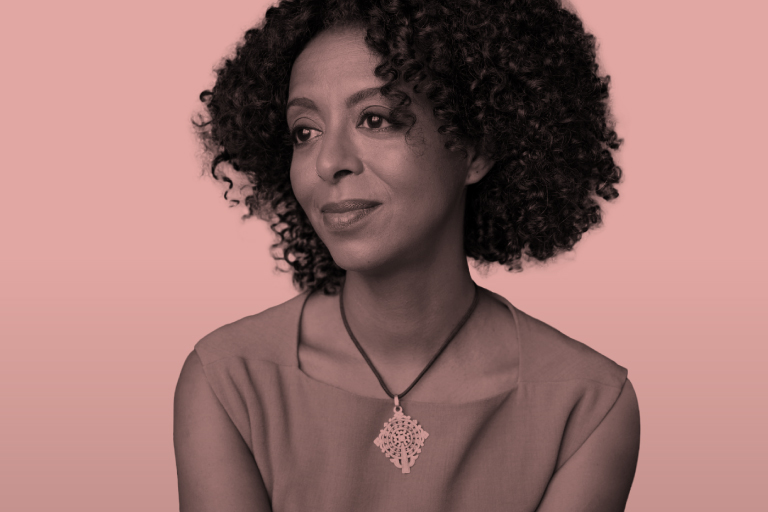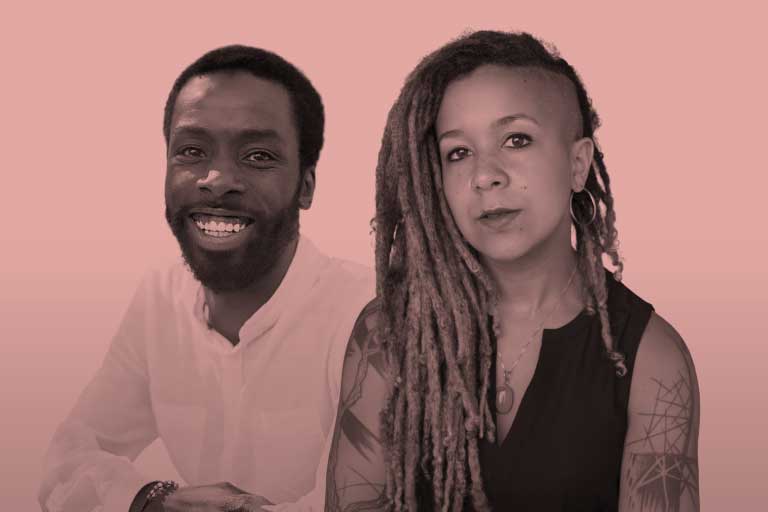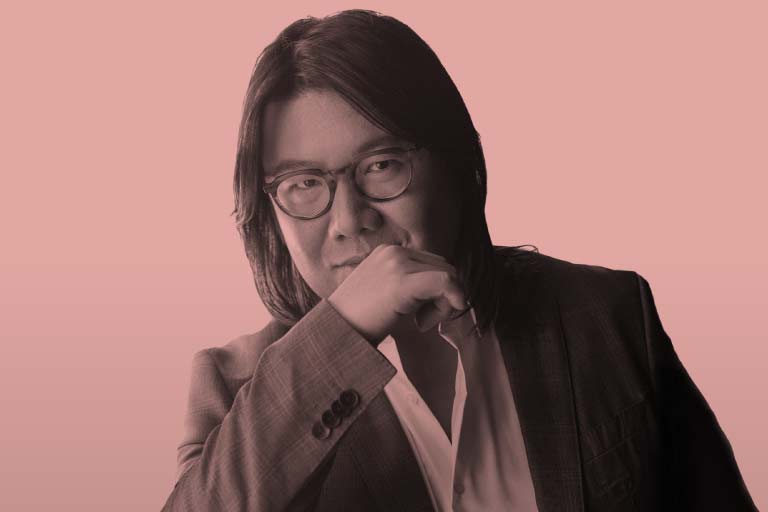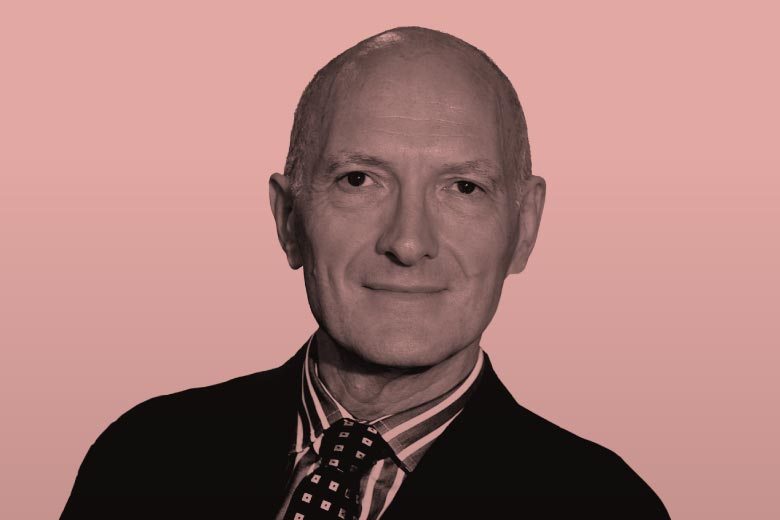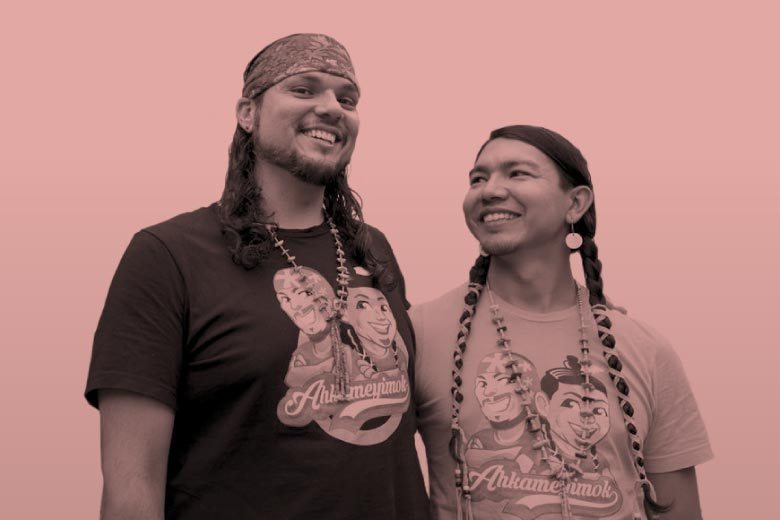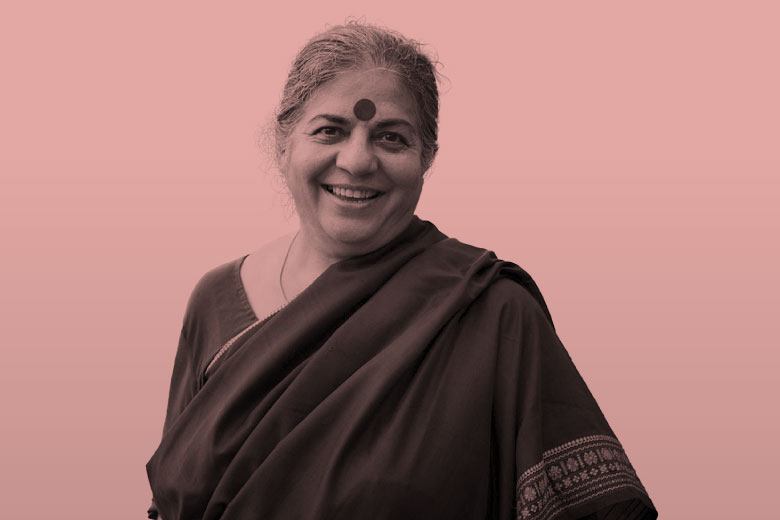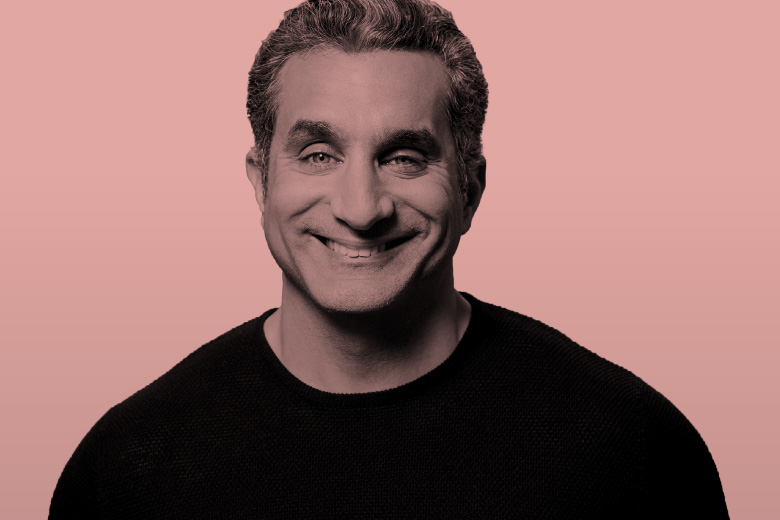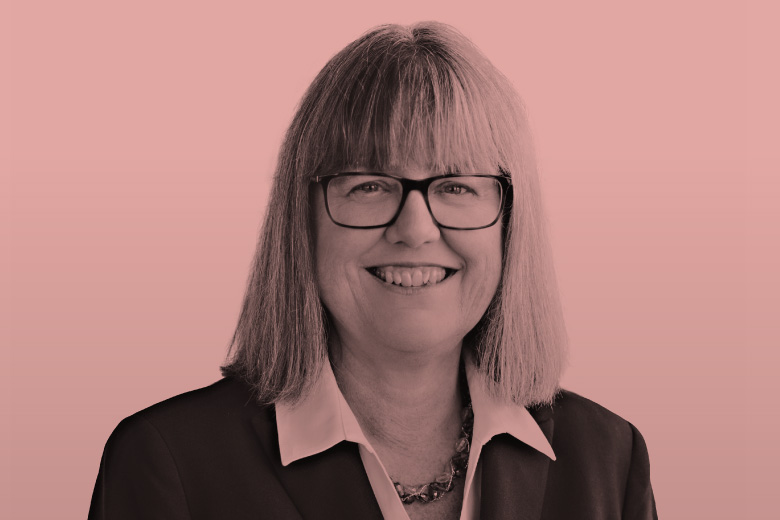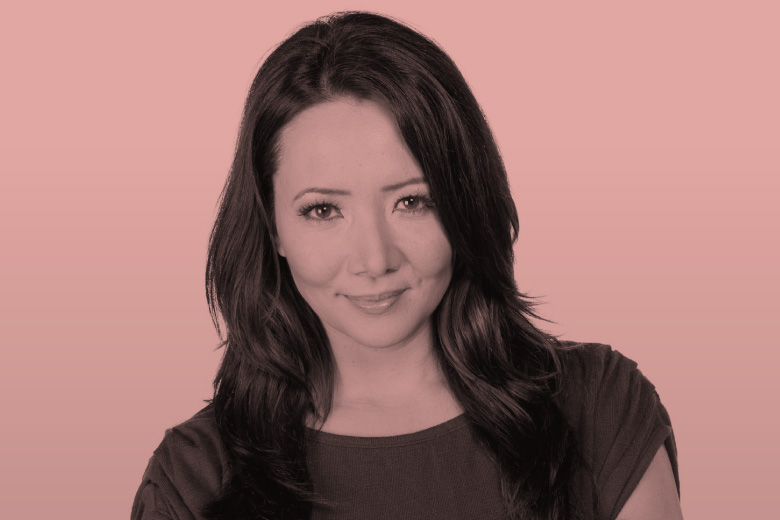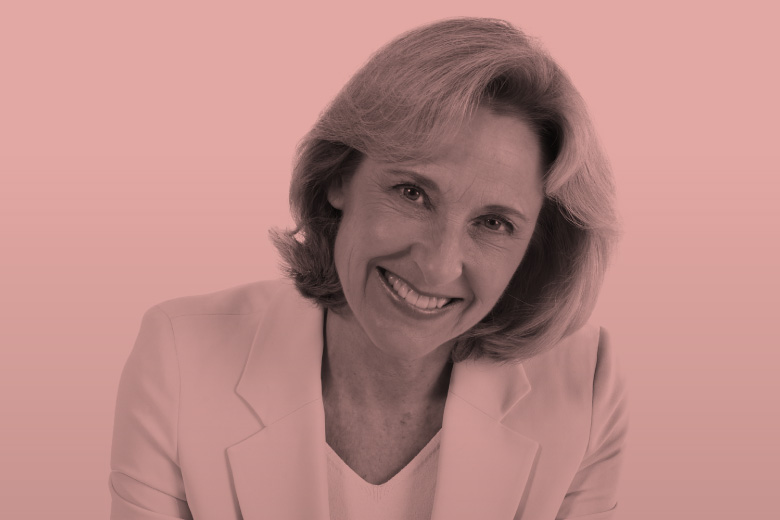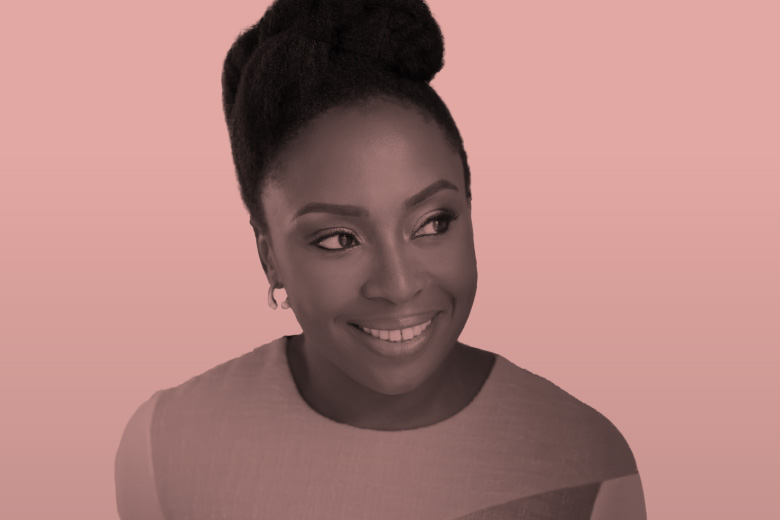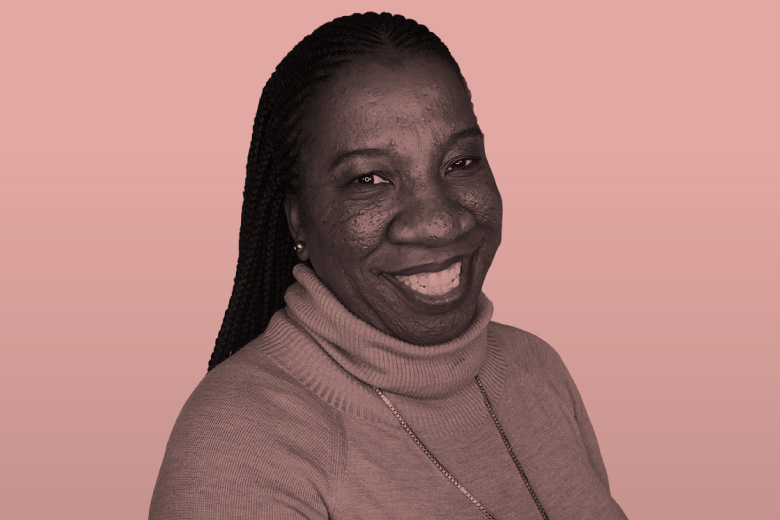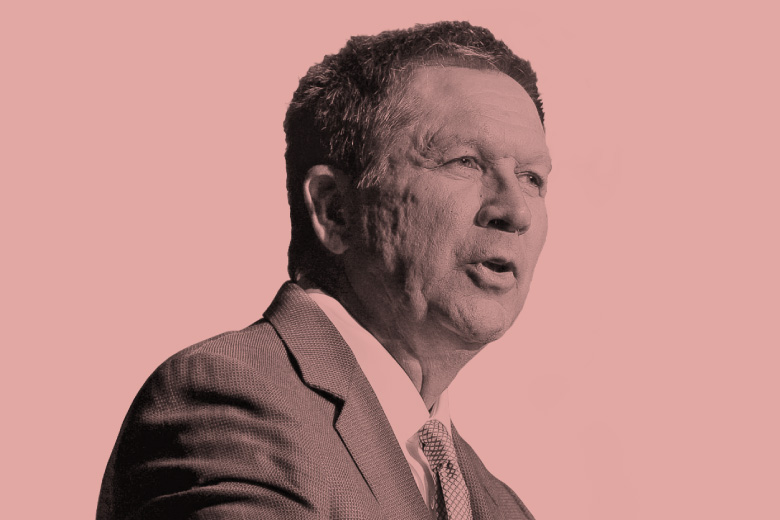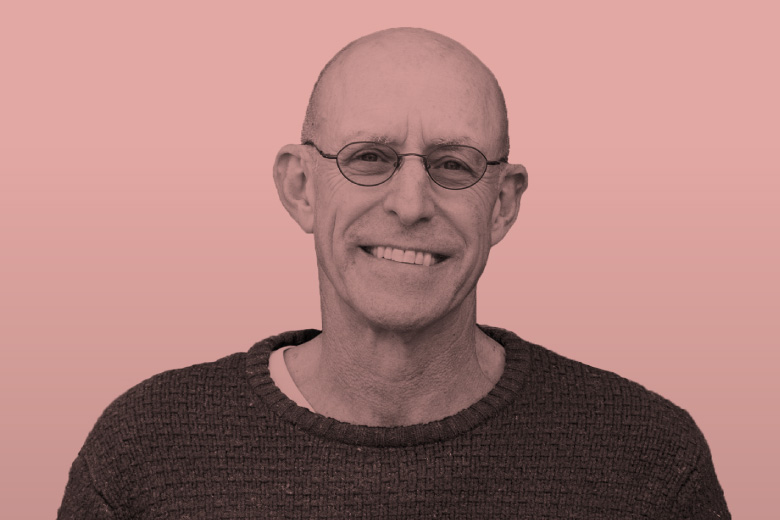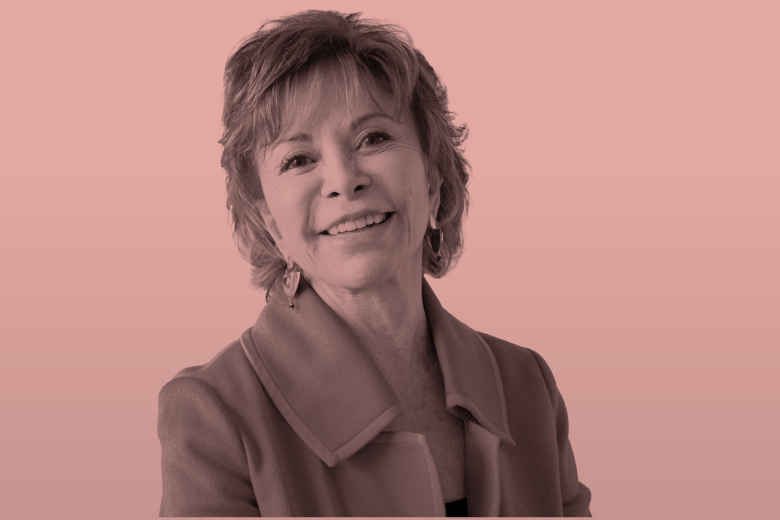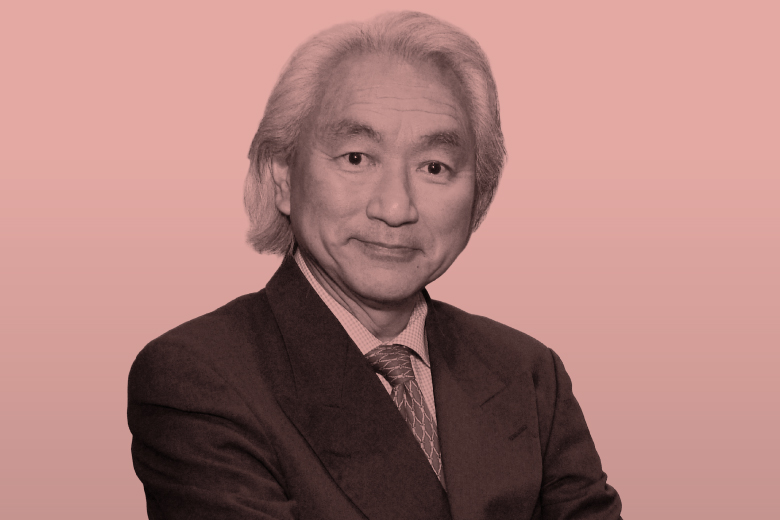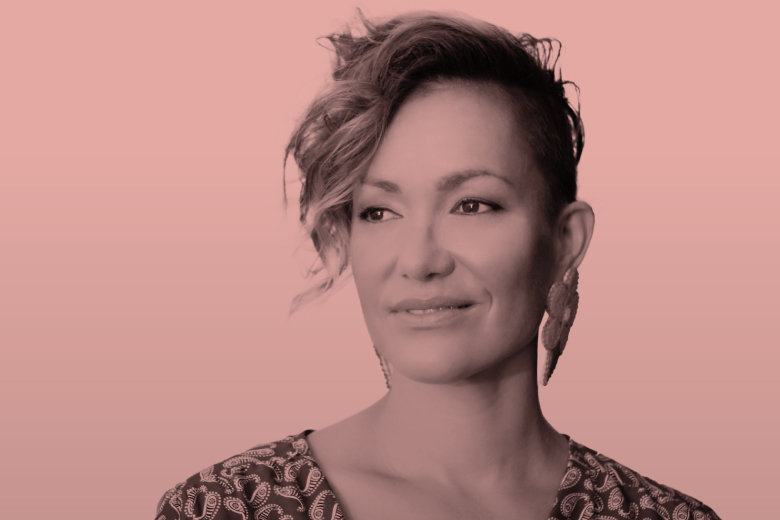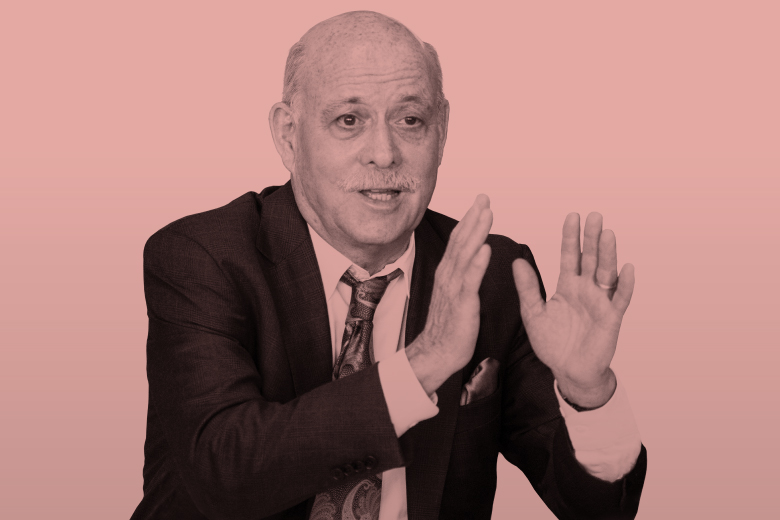Michael Pollan
Food, plants and psychedelics: Revolutionary approaches to human health and well-being
This event took place on Monday, February 11, 2019
at the the Orpheum Theatre, (Map)
In partnership with alumni UBC
Media Partner: The Georgia Straight

With support from the BC Centre on Substance Use and the Faculty of Land and Food Systems
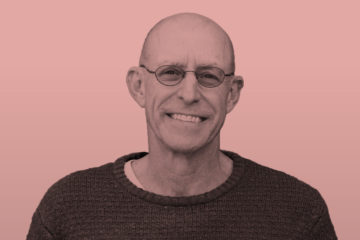
About the Talk:
Michael Pollan’s influence on North America’s eating habits cannot be overstated. His examinations into the food industry, nutrition and sustainable agriculture—encapsulated by his exhortation to “Eat food. Not too much. Mostly plants”—sparked a revolution in our attitudes toward food. From supermarket bins proudly displaying local organic produce, to the high-end restaurant putting a gourmet spin on the humble beet, Pollan’s farm-to-fork philosophy has touched us all.
Pollan’s latest work has continued to explore the intersection of humans and nature, with a deep dive into the world of psychedelics. He offers insights into the re-emergence of drugs such as LSD, psilocybin and ayahuasca in the treatment of mental health illness and pain, and his own personal explorations into altered consciousness.
This unique event featured Pollan in conversation with moderators Rickey Yada, Dean of UBC’s Faculty of Land and Food Systems, and Dr. Evan Wood, Executive Director of the BC Centre on Substance Use and UBC Professor of Medicine.
About the Speaker:
A contributing writer to the New York Times Magazine since 1987, Michael Pollan has spent the past 30 years as a writer exploring the interactions of humans and nature. He has written a series of influential and bestselling books that include In Defense of Food: An Eater’s Manifesto (2008) and The Omnivore’s Dilemma: A Natural History of Four Meals (2006), which won a number of awards, among them the California Book Award and the James Bear Award for best food writing.
His latest book, How to Change Your Mind, immediately claimed the top spot on the New York Times list when it hit bookshelves this past May. Both deeply personal and rigorously science-based, it is an investigation into the power of psychedelics to treat and comfort those who struggling with mental illness, terminal disease and emotional pain.
In addition to writing, Pollan has appeared in a number of documentaries, including the Academy Award-nominated Food Inc. In 2003, he was appointed the John S. and Janes L. Knight Professor of Journalism at UC Berkeley’s Graduate School of Journalism and the director of the Knight Program in Science and Environmental Journalism. Since 2017, he has been Professor of the Practice of Non-Fiction at Harvard University.
